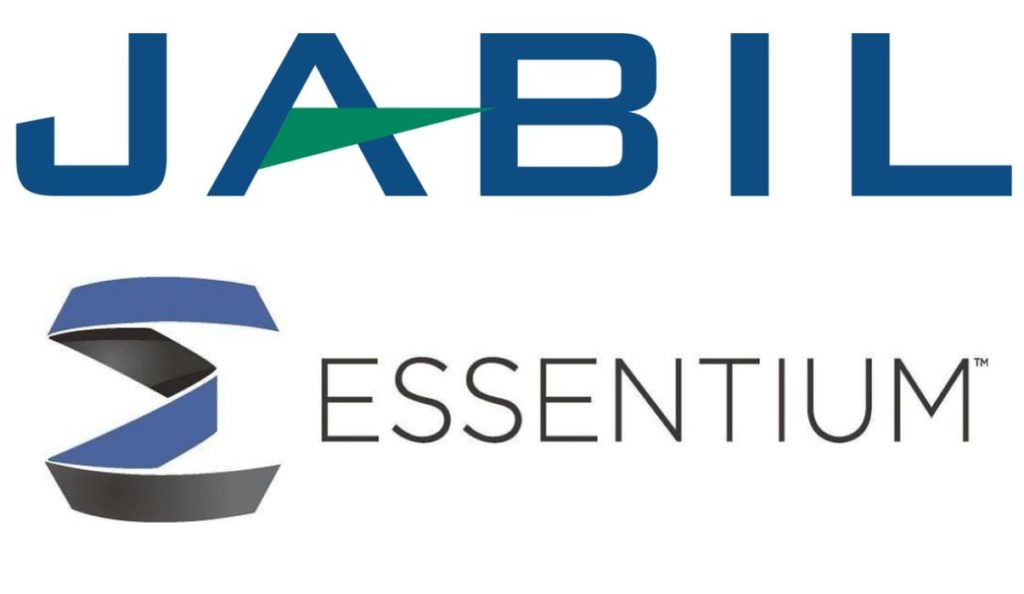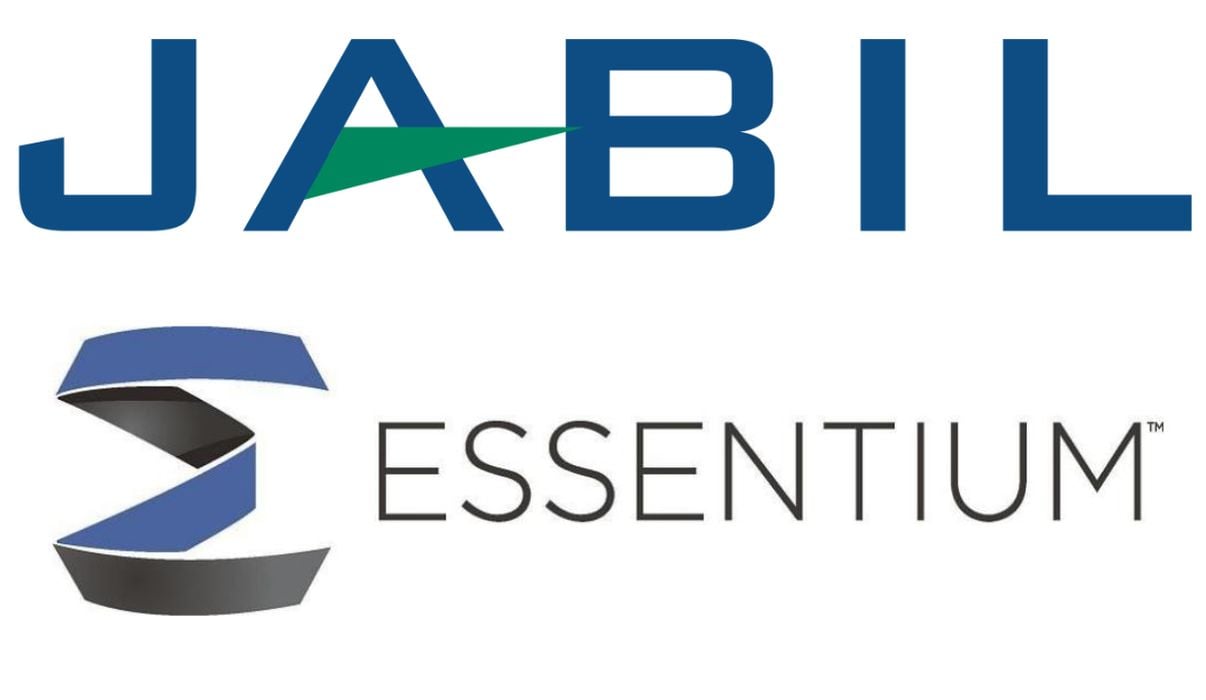
The mysterious legal battle between Jabil and Essentium appears to have quietly concluded.
The two companies are highly regarded in the industry, with Essentium producing high speed, high temperature equipment & materials for manufacturing, while Jabil provides end-to-end contract manufacturing and associated services for industrial clients of all sizes.
The tussle erupted in 2019, when Jabil launched a lawsuit against Essentium with allegations of theft of trade secrets. At the time Sarah wrote:
”The technology in question is hitting the market as Essentium’s HSE 180•S, a system proclaimed to be 10x faster than the next-fasted 3D printer out there.
That’s a sore spot for Jabil, which states that that 10x faster system is actually based on its ‘TenX’ 3D printer, which it had been developing since 2014 — with a team that includes several Jabil employees who went on to work for Essentium.”
Jabil claimed the following:
“Essentium’s HSE printers are, foundationally, outdated iterations of Jabil’s TenX. They are made by former Jabil engineers, from Jabil designs, using components sourced from vendors that Jabil identified and vetted. Indeed, in an audacious nod to the true origin of its printers, Essentium continues to boast in its advertisements that its HSE printers operate at ‘10X’ their competitors’ speed.”
Meanwhile, Essentium termed the allegations as “meritless”. Essentium’s Chairman of the Board, Steve Birdwell, acknowledged the attention and noted that Jabil’s filed lawsuit is “entirely without merit, and we are responding to it aggressively.”
Since then we haven’t heard much about this lawsuit, but there was some expectation of big news.
However, when the news finally arrived, it was rather quiet, and posted almost invisibly on Essentium’s website, where we eventually bumped into it. A short post by Essentium said:
“The parties to the Jabil v. Essentium, et. al. lawsuit, Case No. 8:19-cv-01567-KKM-SPF in the United States District Court for the Middle District of Florida, Tampa Division, are pleased to announce that they have resolved all of their claims and defenses by entering into a Confidential Agreement. None of the parties have admitted any wrongdoing in entering into that agreement. That lawsuit is now resolved.”
What does this mean?
Several things. First, it appears that the two companies evidently sat down behind closed doors and discussed the merits of the case. They presumably came to an agreement to proceed and signed an agreement to that effect. We cannot know what is in the agreement, but it could be that one party is paying the other a fee, or perhaps a licensing fee, or something else changed hands. Or perhaps they both called it a day and just agreed to continue as is, feeling the cost of executing a lawsuit wasn’t worth the trouble for either party.
I can’t help noticing that Jabil’s TenX 3D printer has still not officially appeared on the market. However, the company has since partnered with 3D Systems to produce an industrial 3D printer with an FFF process. The new “Roadrunner” system is said to be 3X as fast as typical 3D printers, not 10X. It may be that this relationship could have had some influence on the negotiations with Essentium.
Secondly, it means that Essentium will continue producing high-power industrial 3D printers as they have been doing for the past few years. That’s very good news for their current and future clients, and especially for Essentium investors.

